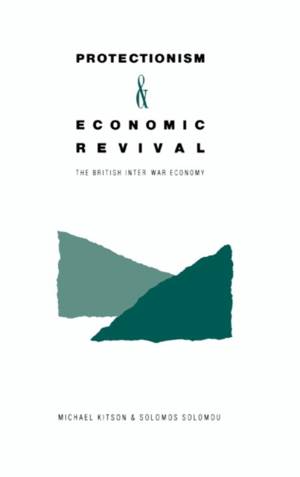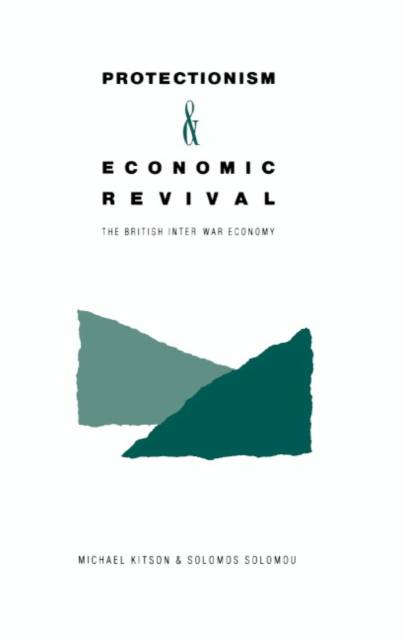
Je cadeautjes zeker op tijd in huis hebben voor de feestdagen? Kom langs in onze winkels en vind het perfecte geschenk!
- Afhalen na 1 uur in een winkel met voorraad
- Gratis thuislevering in België vanaf € 30
- Ruim aanbod met 7 miljoen producten
Je cadeautjes zeker op tijd in huis hebben voor de feestdagen? Kom langs in onze winkels en vind het perfecte geschenk!
- Afhalen na 1 uur in een winkel met voorraad
- Gratis thuislevering in België vanaf € 30
- Ruim aanbod met 7 miljoen producten
Zoeken
Protectionism and Economic Revival
The British Inter-War Economy
Solomos Solomou, Michael J Kitson, Kitson Michael
Hardcover | Engels
€ 198,95
+ 397 punten
Omschrijving
The impact of protectionism is currently a contentious policy issue. This book evaluates the effects of protectionism on the British inter-war economy. In contrast to most studies of the period and the conclusions of orthodox economic theory, Kitson and Solomou show that the introduction of the General Tariff in 1932 provided a substantial stimulus to the domestic economy--a stimulus that can help to explain the trend improvement in British economic growth in the 1930s. The authors show that the tariff made domestic products more competitive, encouraging import substitution and macroeconomic expansion. The empirical evidence is examined at two levels. First, a sectoral study shows that the newly protected sector of the 1930s saw an improvement in performance following the introduction of the tariff. Secondly, the large fall in manufacturing imports generated favorable effects on macroeconomic performance by helping to reduce the import propensity of the economy. The policy implication of this study is that trade policies should be constructed in the context of prevailing economic conditions and not solely with reference to sometimes inappropriate theoretical perspectives.
Specificaties
Betrokkenen
- Auteur(s):
- Uitgeverij:
Inhoud
- Aantal bladzijden:
- 136
- Taal:
- Engels
Eigenschappen
- Productcode (EAN):
- 9780521382670
- Verschijningsdatum:
- 28/09/1990
- Uitvoering:
- Hardcover
- Formaat:
- Genaaid
- Afmetingen:
- 152 mm x 229 mm
- Gewicht:
- 371 g

Alleen bij Standaard Boekhandel
+ 397 punten op je klantenkaart van Standaard Boekhandel
Beoordelingen
We publiceren alleen reviews die voldoen aan de voorwaarden voor reviews. Bekijk onze voorwaarden voor reviews.









